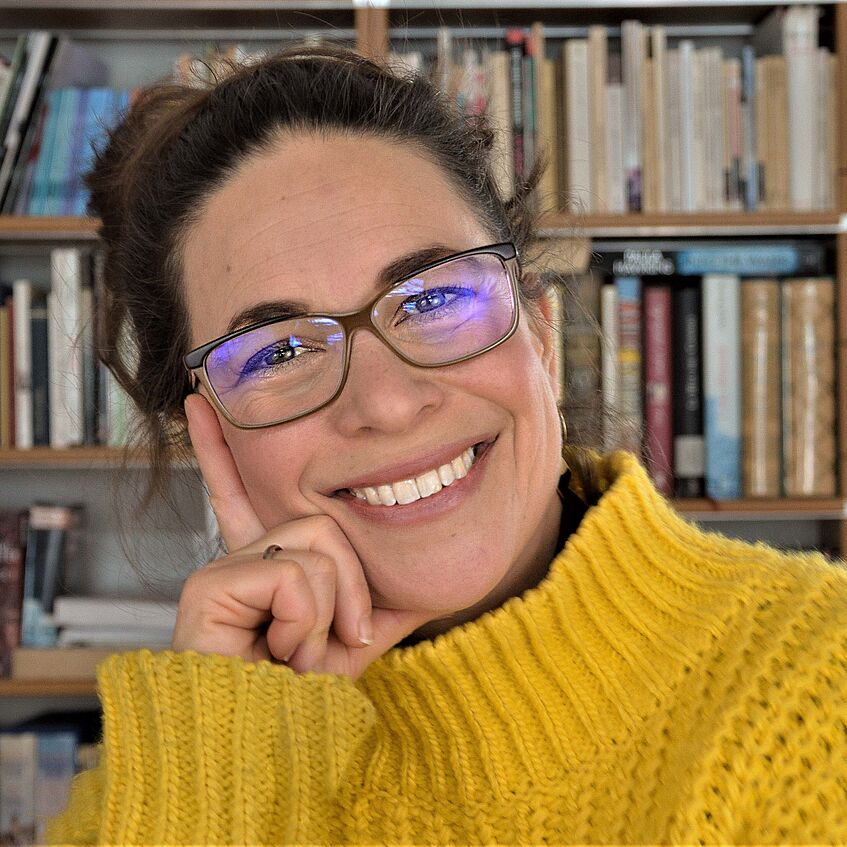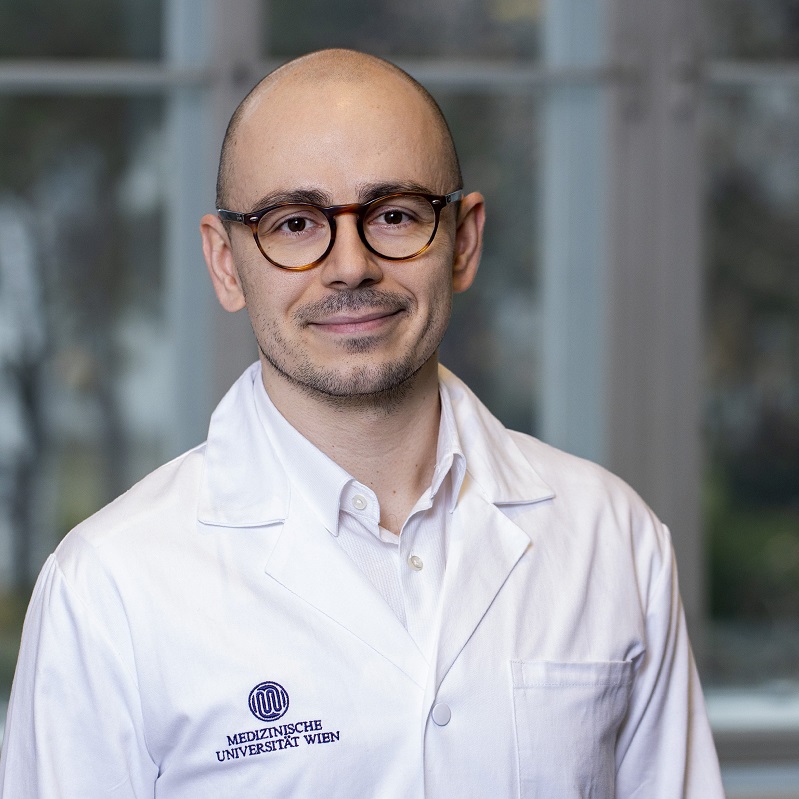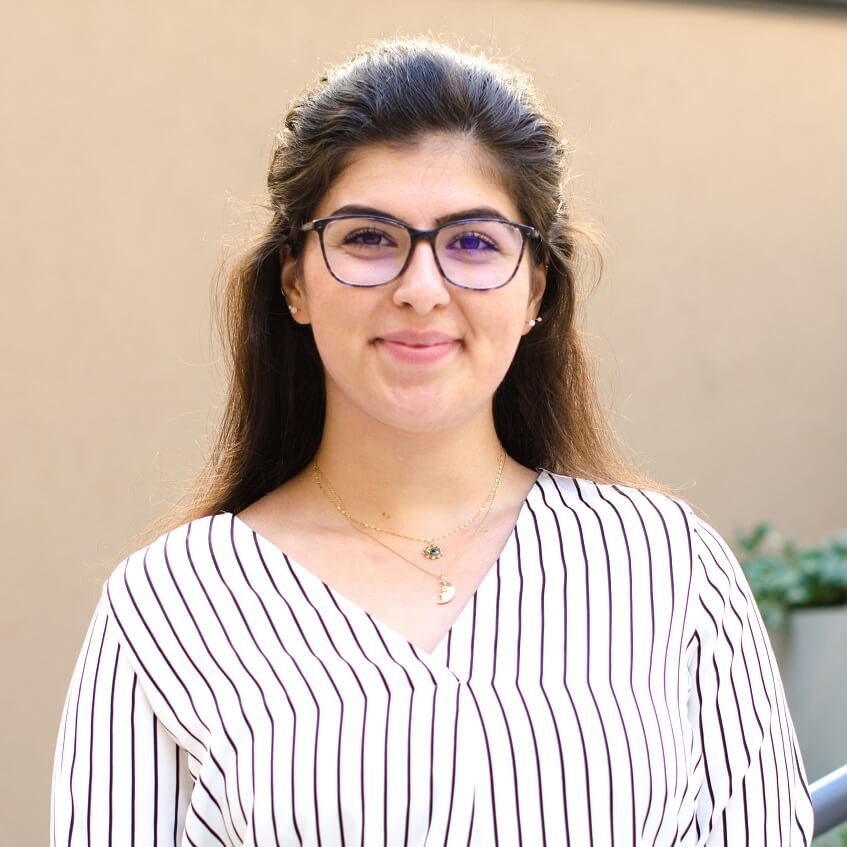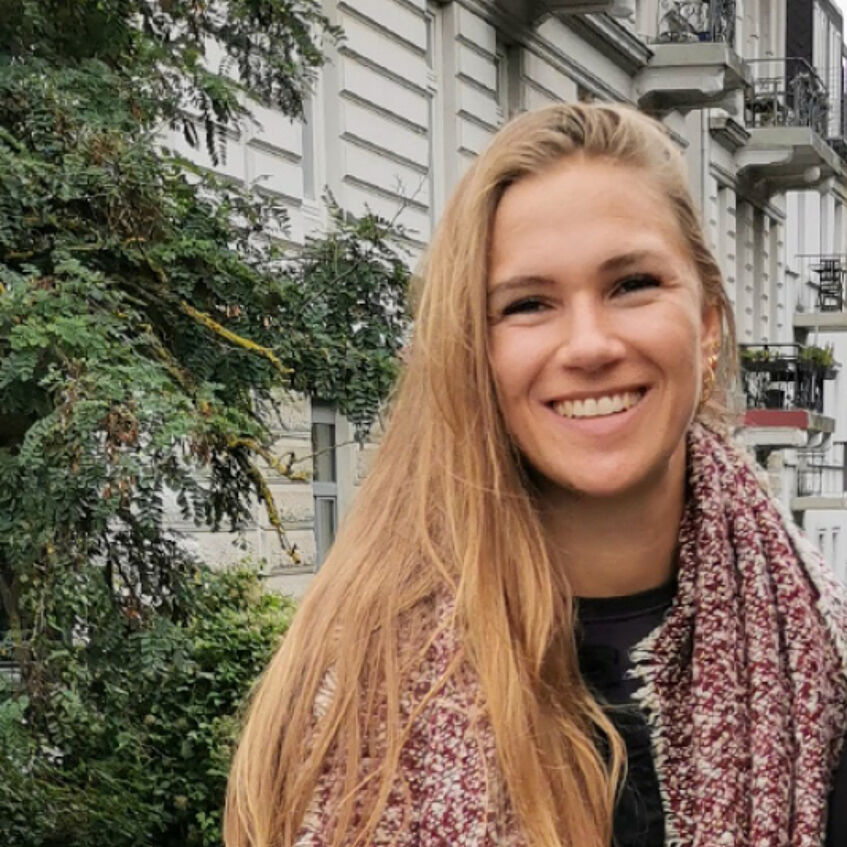Dealing with antibiotics In the February 2025 issue of ALLGEMEINE+ magazine, the ‘Less is More?’...
Read MoreToday, the right to health is often enacted as a right to access pharmaceuticals. This pharmaceuticalization of public health creates both opportunities for relief and new risks for patient safety and sustainability such as overmedicalization, waning effectiveness, and iatrogenic harm.
In health policy-making, a “less is more” approach of de-prescribing has become part of quaternary prevention with optimization of services at its core. The project builds a more robust evidence-base for this approach, asking:
Existing policies focus on guidelines for providers and indirect user regulation. Yet, little is known about provider and user experience or circulation pathways–pharmaceuticals’ “cultural efficacy”–that could inform a more context-sensitive, evidence-based policy approach.
The project collects data on pharmaceutical prescription, circulation, use, and develops workable models, regulations, and guidelines for evaluating and using pharmaceuticals with a stakeholder-driven co-creation approach.
Our project uses antibiotics and benzodiazepines as similar-but-contrasting cases and an integrated anthropology-public health approach to investigate their prescription, circulation, and use.
We will develop an ethnographically grounded, expert-validated policy blueprint with an implementation model for de-prescribing – where it is necessary and advisable, and where it is not – at the macro (policy), meso (institutions), and micro (provider/patient) level to explore as-yet invisible social arenas, close the data gap, and mitigate unwanted side-effects.
With its population density and diversity, health service availability, and robust drug policy program, Vienna is the ideal location for an ambitious study to generate an innovative de-prescribing model for sustainable public health outcomes that can be adapted to other local contexts.

Janina Kehr is a Professor of Medical Anthropology and Global Health at the Department for Social and Cultural Anthropology at the University of Vienna.

Igor Grabovac is a medical doctor and public health specialist working at the Department of Social and Preventive Medicine of the Centre of Public Health at the Medical University of Vienna.

Lisa Lehner is the postdoctoral researcher and Co-PI for “Less is More.” An interdisciplinary scholar, she combines medical anthropology, science studies, and critical public health approaches.

Honja Hama joined the “Less is More” Team as a doctoral researcher in June 2023. Honja holds an MSc in Socioeconomics from the Vienna University of Economics and Business (WU) where she focused on housing and health economics.

Miriam is the research administrator of "Less Is More." She supports the team in all organisational and administrative matters, ideas and plans.
Dealing with antibiotics In the February 2025 issue of ALLGEMEINE+ magazine, the ‘Less is More?’...
Read MoreLecture at the 18th FH Research Forum: First insights into the “Less is More?” project...
Read More“Less is More?” auf der Societal Impact Plattform der Fakultät für Sozialwissenschaften der Universität Wien...
Read MoreMedications, overprescription and deprescription: A balance to rethink between quality, prevention and social ties On Wednesday,...
Read More